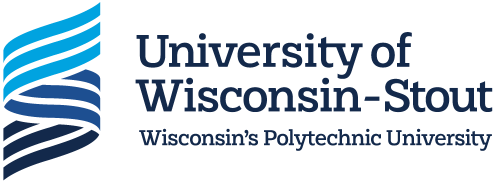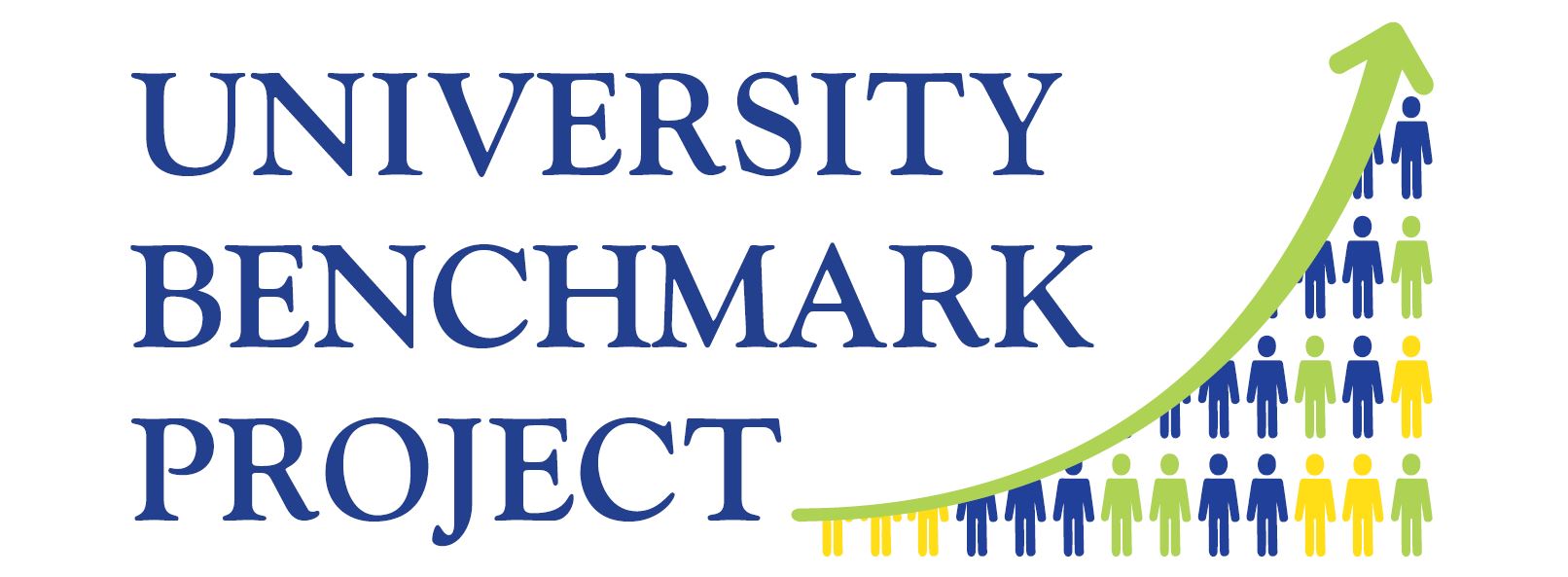
University of Wisconsin - Stout
UW-Stout, Wisconsin’s Polytechnic University, was founded in 1891. It has 49 undergraduate and 22 graduate programs and an enrollment of approximately 8,400. The university’s applied learning focus prepares students for careers in industry, commerce, education and human services through the study of technology, applied mathematics and science, art, business, industrial management, human behavior, family and consumer sciences, and manufacturing-related engineering and technologies. UW-Stout was a recipient of the Malcolm Baldrige National Quality Award in 2001.
The Planning, Assessment Research and Quality Office at the University of Wisconsin - Stout
The office of Planning, Assessment, Research and Quality (PARQ) manages UW-Stout’s role in this project. PARQ is responsible for
- strategic planning and accountability
- institutional research and assessment
- the Applied Research Center (a fee based evaluation service)
- quality initiatives
- university policies.
The PARQ office also leads the process for review of educational support units, which includes benchmarking. We employ a participatory, collaborative planning process and rigorous approach to research and assessment. Decisions are informed by data and reflect the needs of UW-Stout and our external clients. Our dedication to continuous quality improvement promotes intelligent risk taking and innovative thinking university-wide. Our transparent approach to sharing data and information demonstrates accountability to the university and the public.
The Benchmarking Institute

The National Higher Education Benchmarking Institute foundation was laid more than 15 years ago with initial funding from the U.S. Department of Education’s Fund for the Improvement of Postsecondary Education (FIPSE) and currently leads several benchmarking projects for higher education. The FIPSE funding established the Cost and Productivity Project, formerly known as the Kansas Study, which provides colleges with benchmarks on costs, class sizes and faculty workloads. At the same time, the National Community College Benchmark Project (NCCBP) was conceived to take a “balanced scorecard” approach to community college benchmarking and has grown to over 150+ credit benchmarks to measure performance in a broad range of areas across the institution. The Workforce Training Benchmark Project was developed in 2012 when the Benchmarking Institute worked with the National Council for Continuing Education and Training (NCCET) and over 20 community colleges to develop the non-credit benchmark project. In 2017, the NCCBP and the Workforce Project were combined into one study that gives colleges a complete picture of all their programs.
Nearly 500 two-year institutions have participated in the data-collection and reporting process for the Benchmarking Institute’s projects since 2004 making it the first and largest provider of higher education benchmarking and peer comparison services in the nation.
In 2016, the Benchmarking Institute expanded their expertise in higher education benchmarking by partnering with the American Association of University Professors (AAUP) to upgrade their system of data collection and management as well as reporting on their annual faculty compensation project.
Learn more about our other projects
National Benchmarking Conference
The Benchmarking Institute hosts an annual conference in May, devoted to benchmarking and best practices in Overland Park, Kansas. The conference offers great networking opportunities, excellent keynote speakers and panel discussions, a variety of useful workshops, and break-out sessions centered around three tracks: benchmarking student success, workforce training, and benchmarking community college costs.



